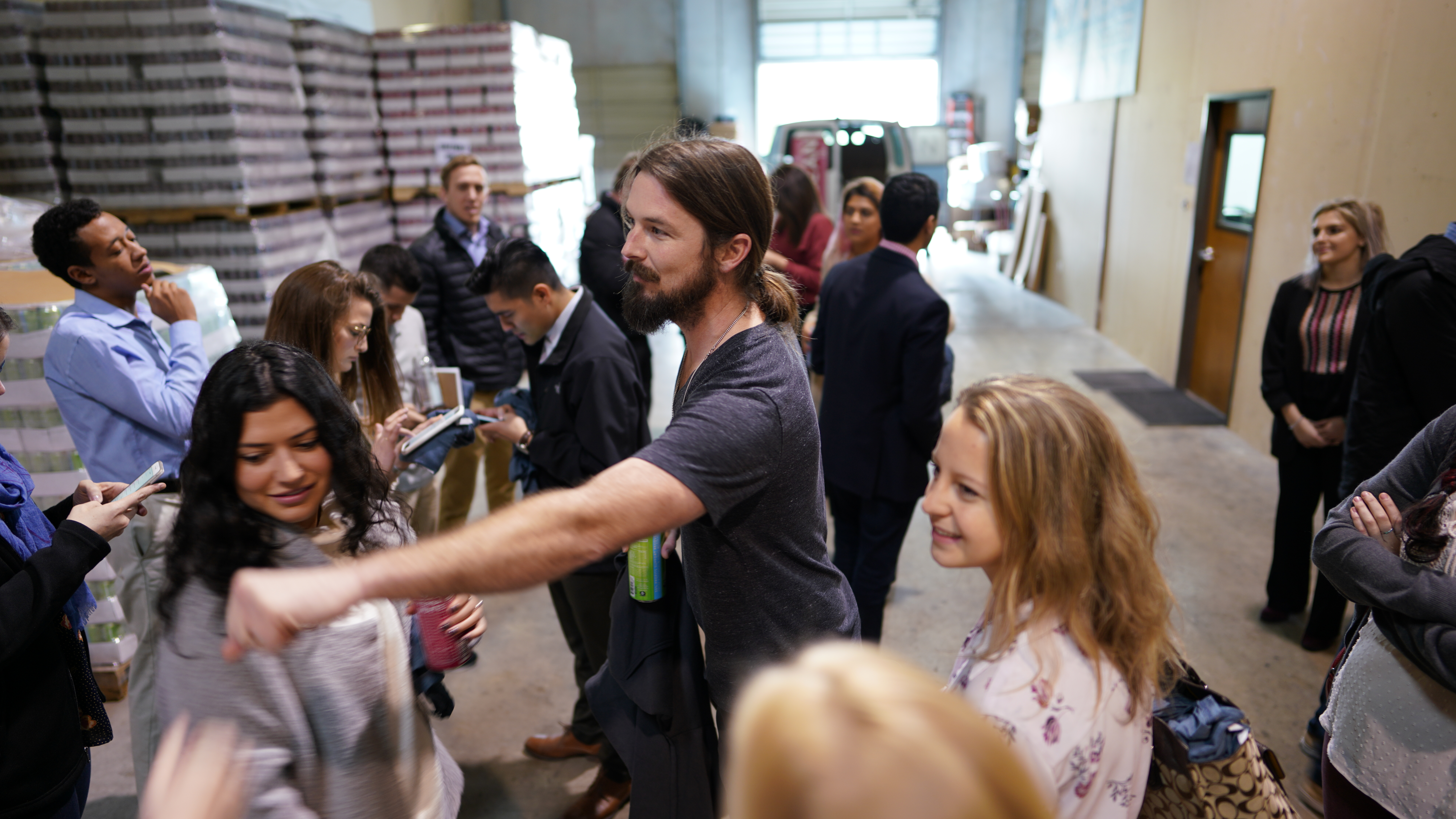COVID-19 has changed the world as we know it, at least for the immediate future, and with it comes a certain amount of fear and anxiety as we navigate this whole social distancing thing. Social distancing is hard on pretty much everyone, but for folks in recovery it is exceptionally hard.
When I was in the midst of my addiction it was all about being alone. Being alone was what I actually preferred. I became antisocial and ashamed but there was also fear and anxiety about being alone. As humans we are fundamentally wired for connection. We are meant to see and be seen. But how does that happen when you are stuck at home by yourself, and how do you stop yourself from falling prey to the temporary relief that substances can provide?
I have put together a short list of some of the things that I have been doing to create connection and purpose during social distancing in the hopes that it might help someone who is struggling at the moment.
Connect Virtually
Zoom has taken the world by storm. I have been absolutely blown away by the magnitude of innovation that folks have had connecting with others. From work meetings to online birthday parties, family reunions, and everything in between. It can seem silly at first but it makes such a difference being able to see people’s faces and body movements. It is so much more than just a voice over the phone. There are a bunch of different apps and programs that you can use to schedule time with close friends and family, including Google Hangouts, FaceTime and Microsoft Teams.
Online Support Resources
To support the community there are many counselors and therapists currently offering free, or sliding fee scale, tele-health sessions to those in need. Psychology Today has information regarding specific counselors who might be offering those services or else you can check out your local community website or Facebook page. COVID-19 has made physical group meetings impossible for now but the great news is that there is now a huge variety of online meetings that you can attend. 24/7 AA Online has a list of AA meetings happening 24 hours a day! If you’re in need of more ideas or places to turn to send us a note at [email protected]
Routine
This is a huge one for me. If you aren’t still working (heck, even if you are) it is very easy to fall into a vacation mindset where you stay in your pajamas and watch Netflix all day. But over time you can quickly lose contact with yourself, your passions, and motivations. Northwestern Medicine has an article warning people that those who do not have a routine can suffer from stress, poor sleep, poor eating, poor physical condition and ineffective use of time. Waking up, getting dressed (even if it is just into a different pair of sweatpants!), and having a set schedule for the day, can help to maintain all those healthy habits that you have worked so hard to cultivate. Going to bed at a regular time can also have huge benefits for your sleep and your mental health.
Exercise
Incorporating exercise into your routine is key. Aerobic exercise isn’t just great for your heart – it is great for your head. Exercise has been proven effective in treating anxiety disorders and clinical depression. So grab your shoes, go for a walk, get out in nature if you can. If you can’t get out, Nike, Fitbit, and a lot of other fitness apps have made their online exercise classes free for you to use during COVID-19. You can also join some of the online dance parties if working out isn’t your thing.
Podcasts
Podcasts are huge now. There is a podcast for everything, including recovery. Although many recovery podcasts touch on the same subjects – addiction, relapse, and valuable lessons learned – each podcast presents its message in a unique way. Some great podcasts include That Sober Guy, The Addicted Mind, and Recovery Elevator.
Service
Often in recovery the service work component can be a therapeutic and helpful practice. There is just something unique about helping someone else that can take you out of yourself for a while and helps you focus on something bigger than yourself. Get creative. Foster a pet, call an older relative, check on a neighbor. There are some amazing ways that people are helping others during this time of crisis. With a little imagination you can, too.
So these are some of my favorite ways to stay connected and maintain sobriety during this time of uncertainty. The one thing that all of these things have in common, though, is that it requires you reaching out. It is going to be hard at first. Probably even a little awkward. But it will be worth it. Stay connected and stay CLEAN.


